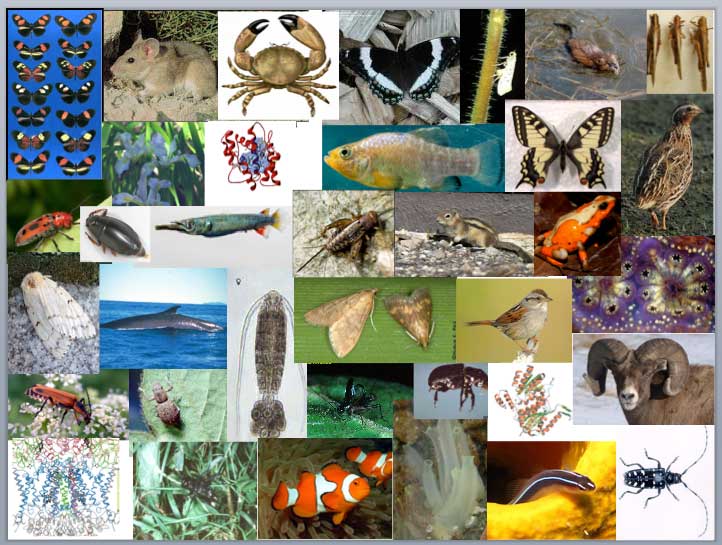Differential Introgression and the “Genic View” of Species
Species are often defined on the basis of reproductive isolation, but less well appreciated is that species can be reproductively isolated for some parts of the
Speakers
Event series
Content navigation
Description

Species are often defined on the basis of reproductive isolation, but less well appreciated is that species can be reproductively isolated for some parts of the genome and not others.
This “genic view” of species appears more than 30 years ago in the hybrid zone literature, which has long recognized that species boundaries are semipermeable.
From sequence and genotype data, we can now characterize genome-wide patterns of divergence, between allopatric populations and across hybrid zones.
These patterns reflect a number of different evolutionary processes and have the potential to help us identify genome regions that contribute to reproductive isolation.
Patterns of variation, and their interpretation, will be discussed in the context of two insect systems long studied in the Harrison lab: pheromone strains of the European corn borer moth (Ostrinia nubilalis) and hybridizing field crickets in the genus Gryllus.
Prof Rick Harrison from Cornell University is visiting EEG until mid April. Rick has broad interests in evolution, including speciation and hybrid zones.
Rick's can be contacted on rgh4@cornell.edu and his office is in Gould 207. He would welcome drop-in visitors for a chat.
Location
Gould Seminar room (Bld 116, Daley Road), ANU.

